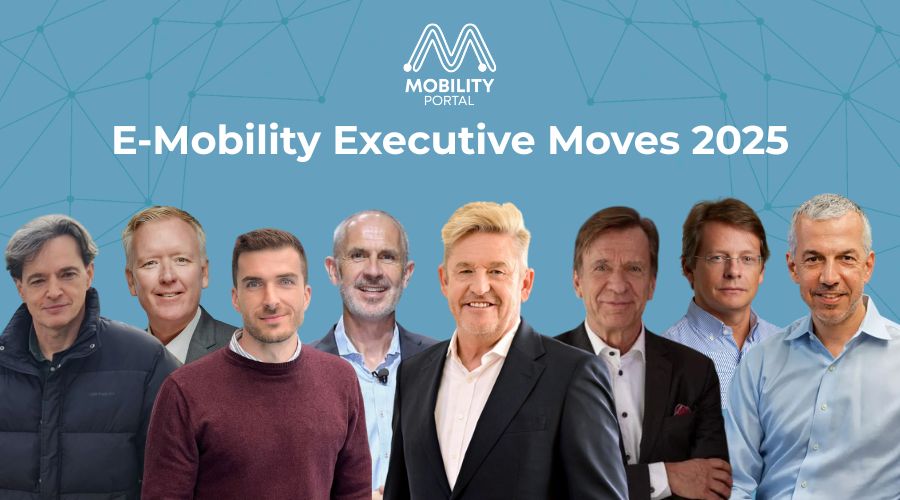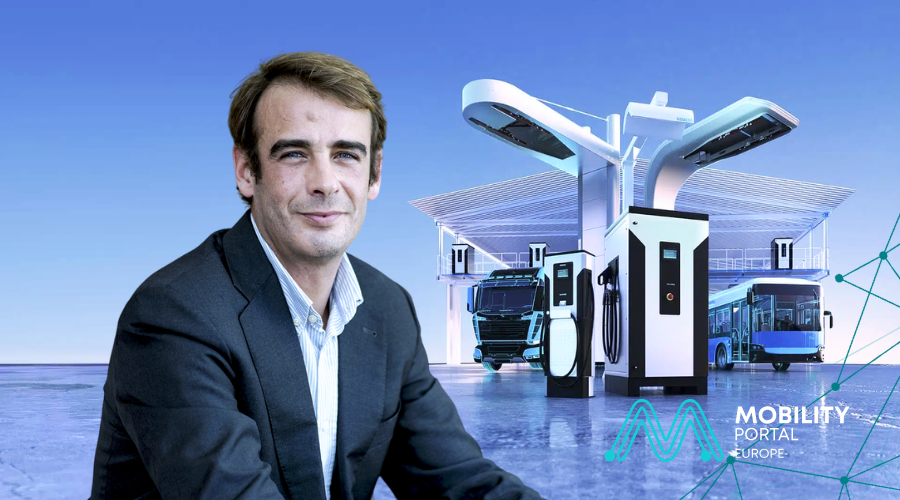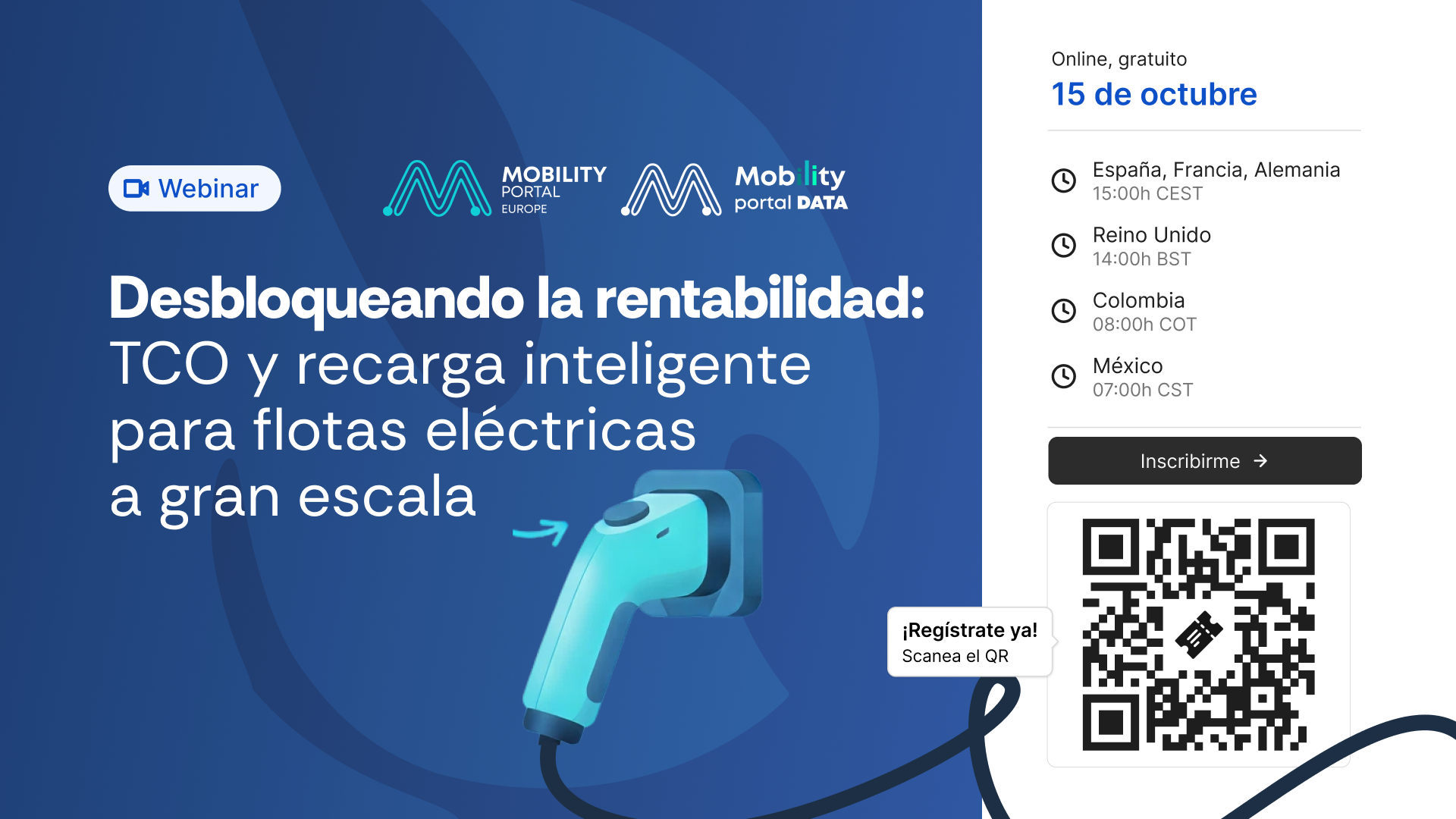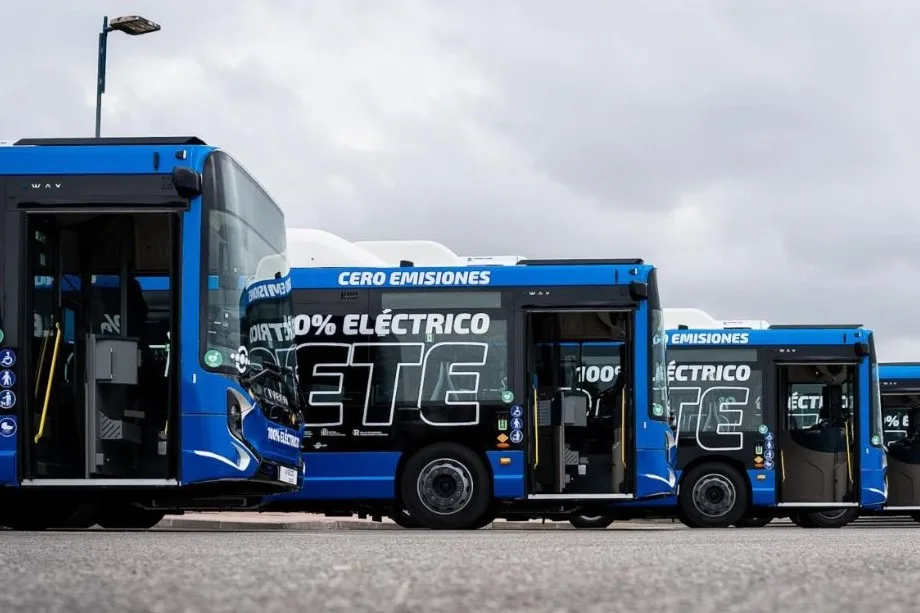Just 96 days have passed since the start of 2025, yet leading E-Mobility companies have already made moves on their chessboard, marking a turning point in their leadership structure.
Companies in the industry are looking to adjust their strategies in a landscape that demands faster progress towards zero emissions, while facing increasingly complex challenges: from profitability and competitiveness to regulatory demands and constant technological innovation.
In this context, the coming months will be decisive.
The renewal of leadership could reshape not only the executive board but also the direction of charging infrastructure deployment, electric vehicle (EV) manufacturing, and the global consolidation of sustainable business models.
EVBox comes back? Calleja Banderas Appointed as Business Development Manager
ENGIE acquired EVBox in 2017 for 800 million euros.
However, few would have imagined that years later, that figure would resurface—this time in losses.
On 17 October 2024, it was officially confirmed that EVBox would be liquidated.
According to specialised sources consulted by Mobility Portal Europe, the causes of the insolvency were varied: from excessive investment costs in the markets the company aimed to expand into, to a less favourable regulatory environment than anticipated, with subsidies and incentives falling short of expectations.

By the end of 2024, EVBox maintained a significant global footprint: it was present in over 70 countries, operated 13 international offices, employed more than 700 people, and recorded 70 million euros in annual revenue at the peak of its operations, according to official records.
But is there any sign of a recovery? The answer is yes.
On 1 April, Fernando Calleja Banderas announced via his LinkedIn profile that he had joined EVBox as Business Development Manager.
With a solid professional background at companies such as Virta and ChargePoint, Calleja now faces the challenge of rebuilding commercial relationships with public and private stakeholders within Spain’s e-mobility ecosystem.
Strategy change at BP UK: Bartlett departs and Thomsen takes over
The head of BP’s EV charging business, BP Pulse, Richard Bartlett, left the company weeks after a strategy overhaul to refocus on oil and gas.
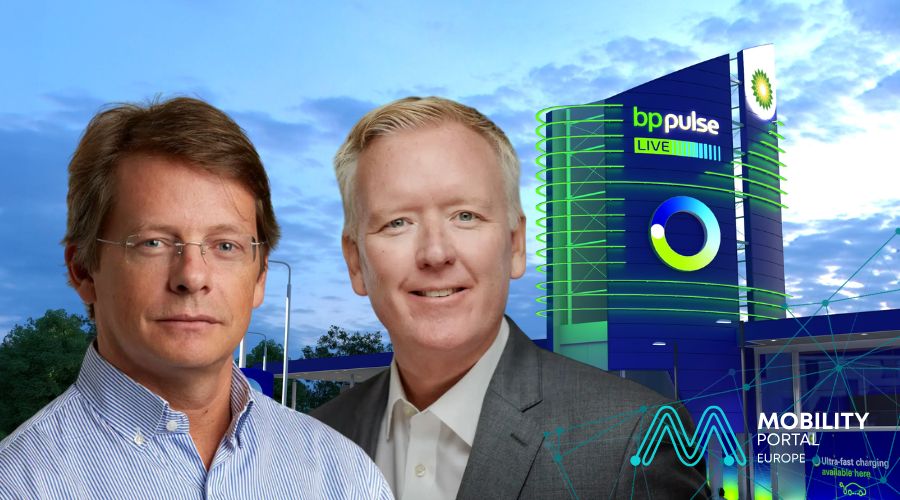
Specifically, the company stated that it would reduce its annual investment in charging infrastructure to an average of below 500 million dollars and would concentrate on the UK, Germany, the United States, and China.
Bartlett will be replaced by Martin Thomsen, who has been with BP for two decades, working in fuel-focused and customer-facing businesses.
Most recently, Thomsen served as Chief Executive Officer (CEO) of Air bp, the company’s aviation fuel division, where he led global operations.
Although he is new to the electric mobility sector, he brings extensive international experience from roles across Europe, including fuel retail operations in Spain and general management positions in Austria, Switzerland, and Turkey.
Is Volvo Returning to Its Golden Era? Samuelsson Reclaims the CEO Role
Jim Rowan, who had served as CEO since 2022, stepped down from his position and the Volvo Cars Board of Directors on 31 March 2025.
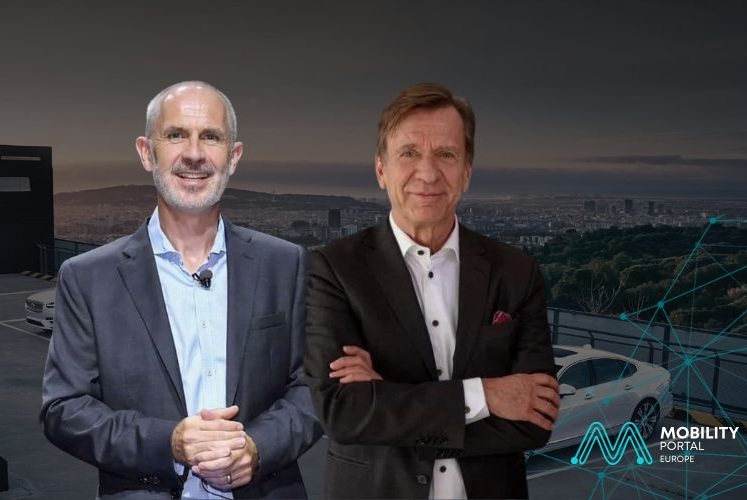
He was succeeded by Håkan Samuelsson, who previously held the CEO role from 2012 to 2022.
Samuelsson led Volvo Cars through one of its most transformative and value-generating decades, revitalising the brand, expanding into new markets, and successfully executing its stock market flotation.
He subsequently served as Chairman of Polestar until 2024.
This leadership transition comes at a critical juncture for the automotive industry as a whole.
Amid rapid technological change, increasing geopolitical complexity and intensifying regional competition, the Board believes the best way to steer the company forward is through experienced industrial leadership, deep group knowledge, and a proven ability to perform in challenging environments.
Wayne Griffiths Closes a Chapter: Leaves SEAT and CUPRA After Driving the Electric Boom
After 37 years, Wayne Griffiths has decided to part ways with the Volkswagen Group.
He first joined AUDI AG as a 21-year-old student and now departs as the CEO of SEAT and CUPRA.
Since his appointment in 2020, Griffiths played a pivotal role in the development of the CUPRA brand.
Under his leadership, it became an independent entity within the Volkswagen Group and is now one of the fastest-growing car brands in Europe.
A key milestone during his tenure was the launch of the brand’s first fully electric model, the CUPRA Born, in 2021.
VEGA Chargers says goodbye to Joel Martín
After more than a year as Business Development Specialist and six months as Area Sales Manager for Europe and the Nordic countries, Joel Martín has left VEGA Chargers.

Now, as Country Manager for Spain at ChargeCloud, Martín will be responsible for leading the implementation of the strategy for entering the Spanish market, identifying emerging opportunities, analysing industry trends, and exploring potential collaborations within the electric mobility ecosystem.
In addition, he will need to build and maintain strong relationships with key stakeholders to establish the brand as a trusted leader in the market.
Northvolt Co-founder Cerruti Steps Aside in North America
On 30 January, Paolo Cerruti, co-founder of the company, announced his decision to step down as CEO of Northvolt North America.
However, he will retain his position as Chairman of the Board of Directors of the Canadian entity, aiming to continue supporting the company’s growth and success from a strategic standpoint.
He will also remain involved in the ongoing development of Northvolt Six, serving as a key point of contact for stakeholders.
During the transition period, Karen Chang—who brings in-depth knowledge of the ecosystem and has been instrumental in supporting the growth of the Northvolt Six project in Quebec—will take on the role of interim CEO.
She will work closely with José Díaz, who will serve as interim Chief Operating Officer (COO).
Díaz brings extensive experience in managing complex construction projects, ensuring the initiative progresses smoothly and efficiently.
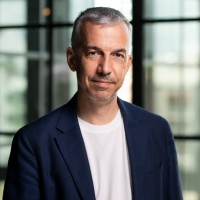

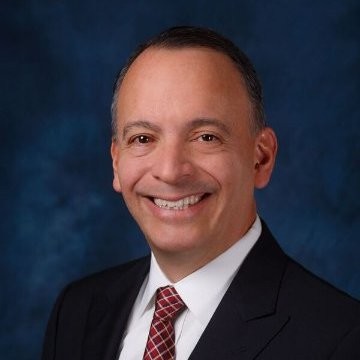
READ MORE
-
Siemens acelera en Iberia: 300 puntos de recarga para eBus y alcanzará los 1,3 MW de potencia
La compañía consolida su presencia en la región con foco en flotas de autobuses, camiones, acuerdos con CPOs y el lanzamiento de nuevas soluciones de alta potencia. Aquí, un adelanto de lo que está por venir de la mano de João Gouveia, Business Unit Manager eMobility Iberia de Siemens.
-
Webinar exclusivo: TCO y recarga inteligente, las claves para electrificar flotas a gran escala en España
Bajo registro gratuito, el 15 de octubre (15 h, Madrid) Mobility Portal España reúne a referentes para optimizar TCO y recarga inteligente en flotas a gran escala, con estrategias y casos reales.
-
Málaga acelera la electrificación de su flota: 20 nuevos autobuses sostenibles en 2025
Málaga continúa reforzando su estrategia municipal de descarbonización del transporte público, que busca reducir las emisiones, modernizar la flota y adaptarse a los estándares europeos de movilidad sostenible.





